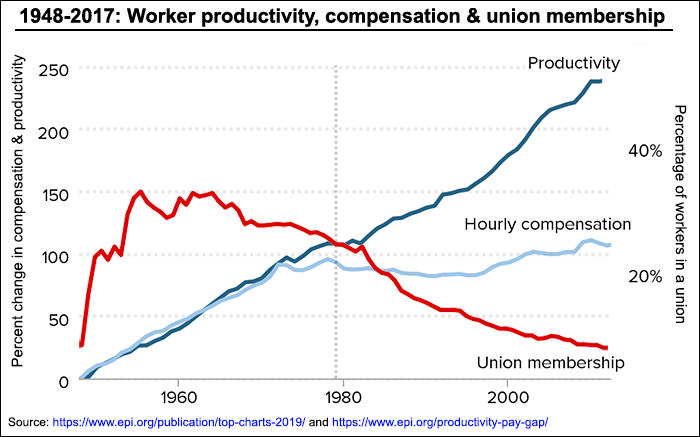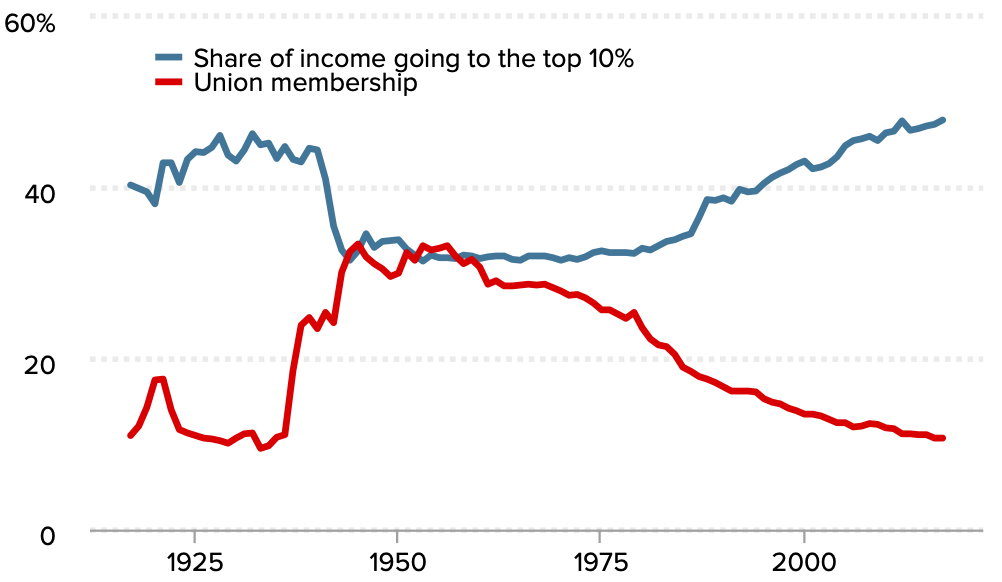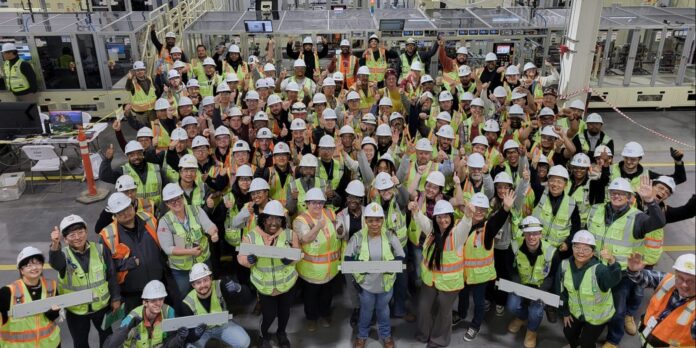The GM Ultium battery plant in Spring Hill, Tennessee, has voted to unionize. This is the 2nd GM battery plant to unionize – but this one is different because it’s in Tennessee, where unions are less popular.
Unions have been seeing a lot of strength in the US lately, with pro-union sentiment at historic highs in the US.
The UAW has been both contributing to and riding this wave of union support in pushing for unionization across the US auto industry, particularly in the realm of electric vehicles and battery plants.
Its first big win was when GM’s first Ultium plant voted overwhelmingly to join UAW in 2022. Then, during UAW strike negotiations in 2023, Ultium workers won their right to be placed under the union master agreement, meaning better pay and protections for battery workers.
UAW’s strike success led to pay raises across the industry, even for nonunion workers, showing how union wins can buoy pay across larger populations.
This string of wins seems to have earned the attention of the GM Ultium battery plant in Spring Hill, Tennessee, as a majority of the 1,000 workers there signed union cards indicating that they want to join UAW, as announced today by the union. UAW points out that GM and LG (who are partners in the Ultium Cells venture) did not interfere with the union vote and has agreed to recognize the union.
The Spring Hill location is the second Ultium plant to start production, which it did earlier this year. It follows Lordstown, which started production and unionized in 2022. Today’s announcement means that both of GM’s currently-operating plants have voted to unionize.
Another plant in Lansing, Michigan is just finishing construction and should start producing cells by the end of this year. Workers at this plant have not yet voted either way on whether to join UAW.
Spring Hill’s decision is notable due to its location in the US South, which is historically more union-hostile than the North. This is part of the reason that many automotive companies have opened factories there – because of the lack of unionization, labor protections and pay scales are lower.
However, we have seen some signs of this changing. In April of this year, the VW plant in Chattanooga, TN voted to unionize. This plant had been VW’s only factory worldwide not to have a collective bargaining agreement in place, and the vote marked the first time a foreign automaker’s plant voted to unionize in the US.
We also saw a newly-unionized Blue Bird school bus factory in Georgia, where electric school buses will be made.
Momentum faltered when a Mercedes EV plant in Alabama declined to join UAW after Mercedes brought in anti-union firms to sway the vote. And six Southern governors – including Kay Ivey of Alabama, who signed an anti-union law during the Mercedes voting period – made a joint statement to encourage workers against seeking greater labor protections that union membership would bring them.
But now, momentum may be back in the hands of UAW, after this Spring Hill vote succeeded today. And it could be a big deal, given the developing “battery belt” in the US South, where many companies have decided to build battery plants, with hundreds of billions of dollars in investment and hundreds of thousands of jobs on the docket. If other factories see the success at GM, they might start getting their own ideas and unionization could spread through the industry.
Electrek’s Take
I’ve used the same take several times in these UAW articles, which I will copy again here.
Much of recent union popularity in the US has been driven by COVID-19-related disruptions across the economy, with workers becoming unsatisfied due to mistreatment (labeling everyone “essential,” companies ending work-from-home, etc.) and with the labor market getting tighter with over 1 million Americans dead from the virus and potentially millions out of work due to long COVID.
Unions have seized on this dissatisfaction to build momentum in the labor movement, with successful strikes across many industries and organizers starting to organize workforces that had previously been non-union.
However, union membership has been down over several decades in the US. As a result, pay hasn’t kept pace with worker productivity, and income distribution has become more unequal over time. It’s really not hard to see this influence when you plot these trends against each other.


It’s quite clear that lower union membership has resulted in lower inflation-adjusted compensation for workers, even as productivity has skyrocketed. As workers have produced more and more value for their companies, those earnings have gone more and more to their bosses rather than to the workers who produce that value. It all began in the ’80s, around the time of Reagan – a timeline that should be familiar to those who study social ills in America.
All of this isn’t just true in the US but also internationally. If you look at other countries with high levels of labor organization, they tend to have more fair wealth distribution across the economy and more ability for workers to get their fair share.
These are all reasons why, as I’ve mentioned in many of these UAW-related articles, I’m pro-union. And I think everyone should be – it only makes sense that people should have their interests collectively represented and that people should be able to join together to support each other and exercise their power collectively instead of individually.
This is precisely what companies do with industry organizations, lobby organizations, chambers of commerce, and so on. And it’s what people do when sorting themselves into local, state, or national governments. So naturally, workers should do the same to represent their collective interests. It’s just fair.
To reduce your carbon footprint and live more sustainably, consider going solar. EnergySage is a free service that connects you with trusted, reputable installers in your area – without having to give up your phone number until you select an installer. Your personalized solar quotes are easy to compare online and you’ll get access to unbiased Energy Advisors to help you every step of the way through EnergySage. Get started today! – ad*


